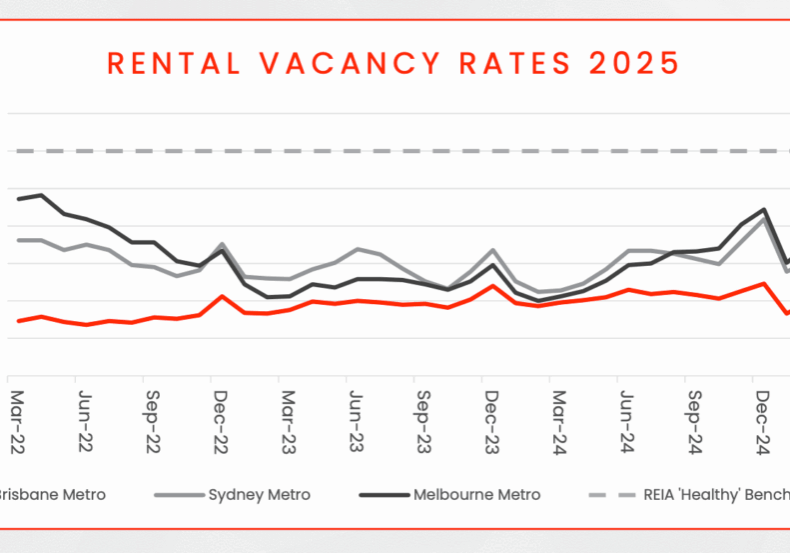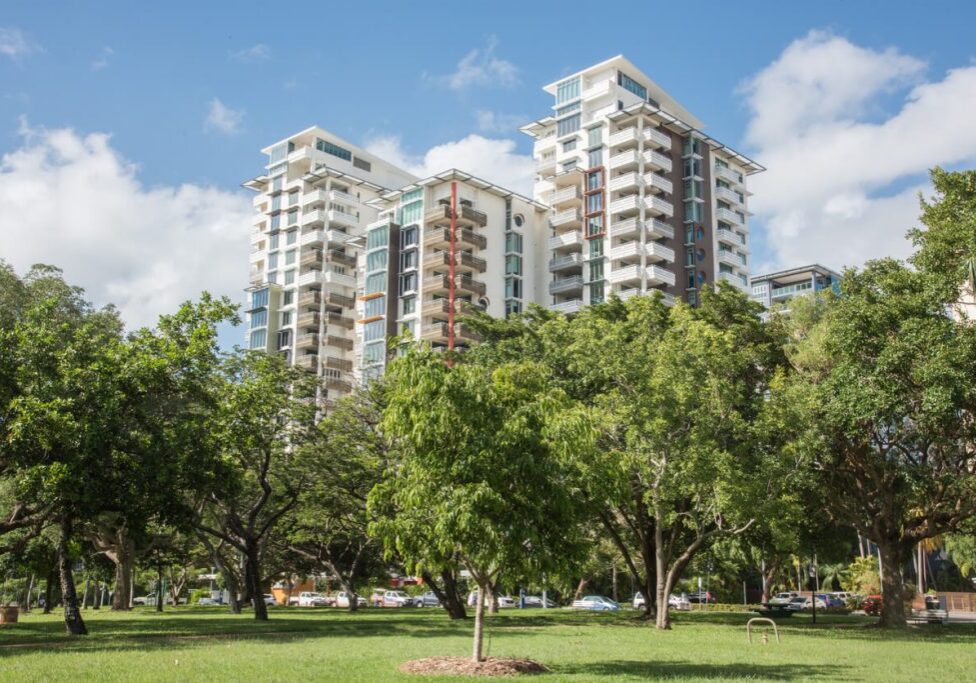What to do if your tenant can’t pay the rent

A tenant being unable to pay the rent is not a position any landlord wants to end up in. However, if it does happen it is important to follow the correct procedures to reduce risk on yourself and your investment. Having a tenant pay on time is important for most property owners. This is because the money you earn from rent goes towards mortgages, body corporate fees, insurances, and supplementing your income. So, it is important to take the correct steps when an issue arises.
In order to help you take the correct steps to protect yourself, we have created a guide for when your tenant can’t pay the rent.
Common reasons why tenants can’t pay the rent
Generally, the reasons why a tenant can’t pay are:
- They have lost their job
- The cost of living has increased which has left rent unaffordable for them
- They have had a salary cut
- A roommate has moved out, or a relationship has broken up.
What do I do if my tenant can’t pay?
No matter the reasoning behind late rent it is always important to ensure that your tenant knows that late payments are a serious issue. It is important that you check the relevant laws in your state regarding rental arrears as each state differs. Before you can do anything, the tenant is required to be in 7 days arrears. Day 1 is the day after the date rent was due.
After the 7 days has passed you may provide your tenant with a Notice to remedy breach (form 11). After this has been provided to the tenant, they have 7 days to pay the outstanding rent.
How can I help my tenant?
There are multiple paths you can take after you have provided the Notice to remedy breach, and the 7 days have expired. Sometimes, circumstances beyond your tenant’s control have placed them temporarily in a difficult position. If you wish, you may choose to continue the tenancy and talk to the tenant to solve the problem. Solutions may include a temporary rent reduction, a payment plan, or other temporary relief measures.
If you are unsuccessful you can fill out a Dispute resolution request. With this an RTA conciliator will attempt to help both you and the tenant negotiate an agreement. In the case where this fails, you can apply to QCAT to end the tenancy.
Sometimes, negotiating with your tenant can save you more costs in the long term, over finding a brand new tenant. This is especially true if the circumstances the tenant is in are temporary. Talk to your property manager, or accountant to see what the best path may be, financially.
How to terminate the tenancy
Where the tenant is unable to pay after the 7 days has expired since the Notice to remedy breach has been issued, you may wish to end the tenancy. To do so, give the tenant a Notice to leave form. With this issued, the tenant has 7 days to vacate the property. The tenant may also decide to pay the outstanding rent after this notice has been issued. They may also ask in writing if they can stay. It is up to the property owner or property manager whether the tenant can stay or not.
In the rare circumstances, they do not vacate the property after the 7 days, you may proceed to the next step. Within 14 days of the handover date, you may lodge an urgent application with QCAT to end the tenancy. As the owner, you must prove that the breach warrants ending the tenancy. From there, if successful, QCAT will issue a Warrant of possession, which the police may enforce.
How to avoid this in future
Having a tenant go into rent arrears sucks. But prevention is better than a cure. It is important to vet every tenant, checking their references thoroughly. We have written an article about this process here. Try to keep your tenant on a direct debit system to ensure the money is deducted from their account when it is due, avoiding accidental late payments.
Conclusion
If one of your tenants ever goes into rent arrears it is important to know the process you must follow before approaching your tenant. Navigating the legal requirements during this time can be challenging, which is why it is important to have a good property manager at your side. They will know how to deal with rental arrears, and can negotiate with the tenant on your behalf should you wish to try to continue the tenancy. A property manager would also assist you through the process should you wish to terminate the tenancy.
Reach out to Link Living for your next property manager.




